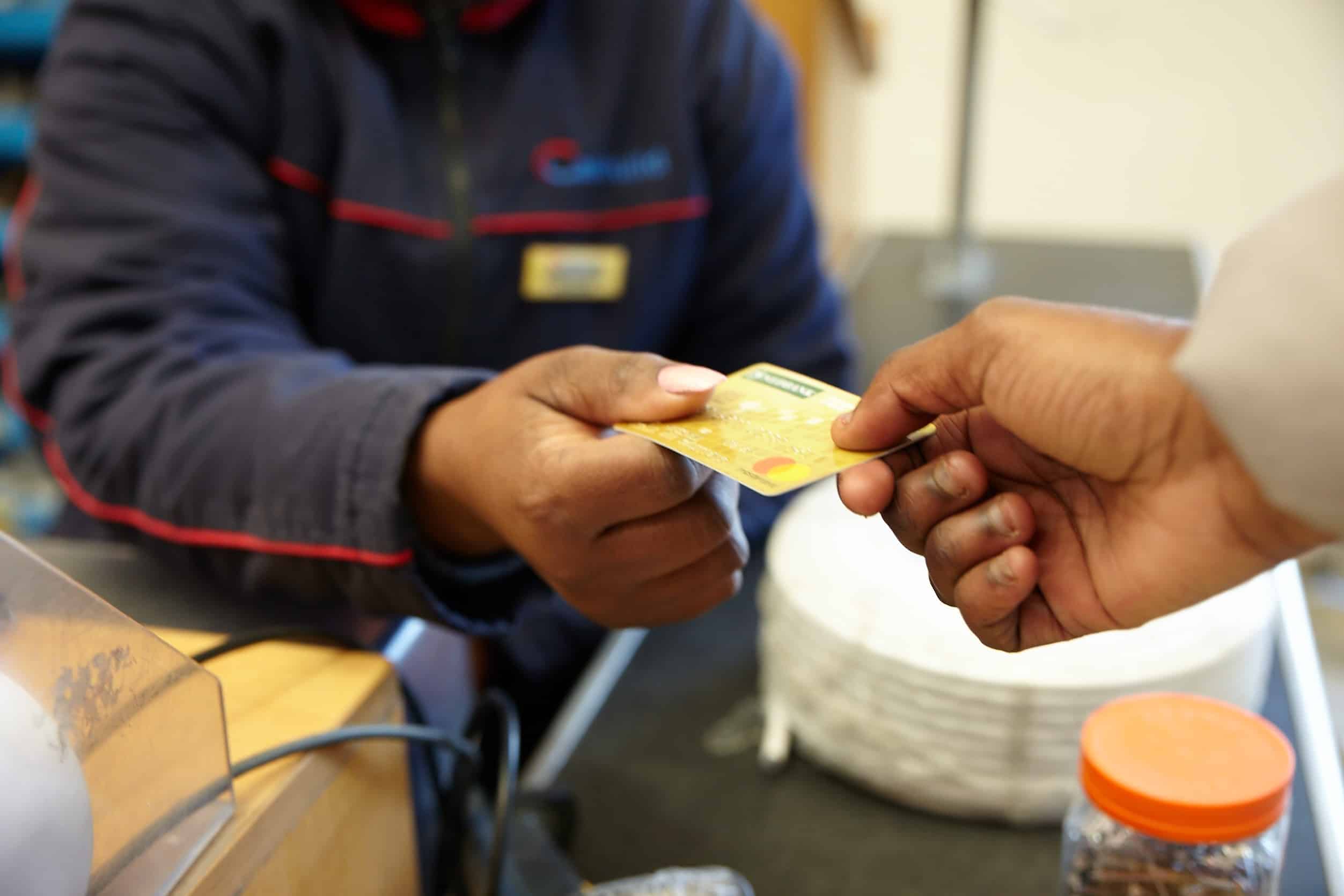
Nairobi, Monday 14th August 2017 – The volume of remittances to Africa is growing year by year but prices for international transfers are still relatively high. Blockchain and Distributed Ledger Technology (DLT) can assist to; reduce the cost of remittances, increase speed of settlement, reduce settlement risk, decrease entry barriers for financial institutions, improve the interoperability of different financial instruments and enhance the regulatory frameworks that oversee funds transfers such as Know Your Customer (KYC) and Anti-Money Laundering (AML) processes.
This is according to a new report, entitled ‘Blockchains, Distributed Ledgers and Funds Transfers: An Overview’, published today by the Financial Sector Deepening Africa (FSD Africa) in partnership with Consult Hyperion. The report states that DLT presents opportunities for new ways of performing funds transfers, payment settlement and regulatory oversight, due to its decentralised, replicated and transparent nature.
It comes at a time when FSD Africa has just released a report on ‘Reducing Costs and Scaling UP UK to Africa Remittances through Technology.’ The report finds over 1 million people born in Africa and living in the UK are paying more than £300 million a year to send money to friends and family back home. Nine out of ten send money through agents and just one in ten send money digitally, which makes Africa the most expensive place to send money in the world.
Commenting on the report, Salome Parulava, Associate Consultant at Consult Hyperion and the author of the report said: “Blockchain and DLT can provide a foundation for needed infrastructural changes in expensive and inflexible funds transfer models. But although opportunities are promising, there are many issues that arise when considering the widespread adoption of the technology, which should be taken into account. The report aims to give an overview of both benefits and problems of the DLT usage in funds transfers.”
The report concludes that, DLT has the potential to act as a reliable ‘store’ of identity information available in near real-time and as a generator of dynamically changing identity attributes (such as creditworthiness). However, this is not straightforward. Reliability comes from intrinsic DLT characteristics (such as amend-only transaction history across parties and cryptographically secured transactions), but not exclusively from them.
To ensure trust and reliability, it is important that DLT solutions are developed in accordance with national laws and security standards, and take into consideration the views of all stakeholders.

An estimated US$1.3 billion is remitted annually to Somalia by diaspora mainly via money service businesses (MSBs). This remittance flow accounts for around 50% of Somalia’s GNI and 80% of investment in the country. According to the World Bank, 40% of the population (or 3.4 million people) rely on remittances to meet their basic needs. As a result, any reduction in remittances could have significant developmental impacts on Somalia.
Somalia’s financial/banking sector and supervisory regime is still developing. For example, between the outbreak of the civil war in 1991 and the subsequent re-establishment of the Central Bank of Somalia in 2009, Somalia had no central monetary authority. To fill this gap a widespread network of private MSBs has emerged, providing informal banking networks. Today, there are a number of different MSBs operating in Somalia. Dahabshiil is the largest of these with around 130 branches.
This project falls under the Safer Corridor Pilot work strand. The objective of the Safer Corridor Pilot is to provide a temporary mechanism to sustain the flow of remittances from the UK to Somalia through secure, legitimate, accessible, and affordable channels by reducing and managing exposure to the risk of abuse for illicit purpose. To do this, the Safer Corridor Pilot develops, implements and tests solutions at each stage or ‘mile’ of the remittance transaction from the UK to Somalia.
This report, written by Consult Hyperion and commissioned by FSD Africa complements and contributes to a wider programme of activities at each stage of the remittance corridor from the UK to Somalia. Its predominant focus is to develop recommendations to reduce and manage risk at the final stage (the ‘third mile’) of the remittance corridor from the UK to Somalia.

Anti-Money Laundering (AML) and Know Your Customer (KYC) obligations are complex issues that require concerted action across all market participants; including banks, supervisory authorities, payment schemes and the international community. They all have a role to play in addressing the issues that have given rise to the phenomenon known as ‘de-risking’, which has seen banks closing accounts and exiting markets in order to reduce their exposure to regulatory enforcement action, in preference to managing the risk.
This is according to a new report, entitled “Anti-Money Laundering, Know Your Customer and Curbing the Financing of Terrorism”, published today by the Financial Sector Deepening Africa (FSD Africa) in partnership with Consult Hyperion. The report concludes that the need for financial service providers to pursue a comprehensive approach to due diligence (of both customers and of commercial partners) and AML is greater than ever.
It recommends that the Financial Action Task Force (FATF) -defined Risk-Based Approach (RBA) should be embraced in collaboration with national regulatory authorities. Without full backing for the RBA from these authorities, and – in most cases – their counterparts in the US, there is a risk that financial institutions will continue to withdraw their services from particular markets and take refuge in ‘de-risking.’
Commenting on the report, Paul Makin, the Head of Financial Inclusion at Consult Hyperion, says: “The areas of money laundering and KYC are complex and multi-faceted, with many interlinking issues and unexpected consequences. This report demystifies the subject, and presents a coherent view of how we got here; why banks choose to withdraw from markets for particular groups of customers, how this came to be characterised as ‘de-risking’, and what can be done about it.”
The report concludes that with the continuing terrorism threat, attention should be paid to anonymous transactions which disburse cash. Robust Customer Due Diligence (CDD) processes at banking or mobile money agents must be enforced. Whilst some elements are technical (for example, biometrics, transaction limits, bearing down on cash, etc.), others will be in the areas of organisation and co-operation, particularly around the sharing of transaction and registration data.


